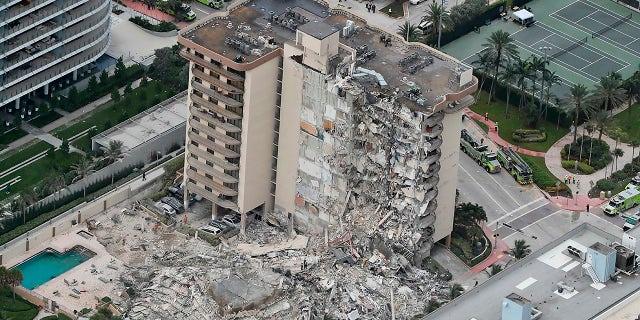The tragic collapse of the Champlain Towers South condo building in Surfside, Florida in June 2021 sent shockwaves through the country. Beyond the devastating loss of life, the event has had a lasting impact on condo ownership, particularly in terms of cost.
(Picture from Fox News)
The Domino Effect of Safety Concerns
Federal investigators linked the collapse to construction flaws. This revelation triggered a chain reaction:
- Stricter Building Codes: Florida implemented stricter regulations for condo inspections and recertifications. These measures, while necessary for safety, require significant financial investment from condo associations. Could we start to see this effecting NJ?
- Rising Insurance Costs: The Surfside disaster highlighted the vulnerability of older condos to structural issues. This has caused insurance companies to raise premiums or even pull out of the Florida market altogether, making condo insurance harder to find and more expensive. As we know this has already increased the rising costs in New Jersey as well.
- Increased HOA Fees: To cover the costs of inspections, repairs, and rising insurance, condo associations are forced to raise HOA fees. This puts a financial strain on condo owners, especially those on fixed incomes.
The Ripple Effect on Condo Living
The rising costs associated with condo ownership in New Jersey are having a significant impact on the market:
- Changes in Condo Sales: With higher HOA fees and insurance costs, buying a condo becomes less attractive, leading to change in sales.
- Longer Closing Times: As condo undergo continued changes it is taking longer to close a condo in NJ.
- Condo Prices: With demand still high in NJ for housing our condo prices aren’t as affected as other states.
The Road Ahead
The future of condo living in New Jersey remains uncertain. While housing demand continues to increase, as home prices continue to gain equity, it’s still a seller’s market. But with stricter regulations essential for safety, the seller is taking on more to ensure their condo community is being maintained to acceptable state/federal level. Finding a balance between affordability and safety will be key to the long-term health of the New Jersey condo market.



